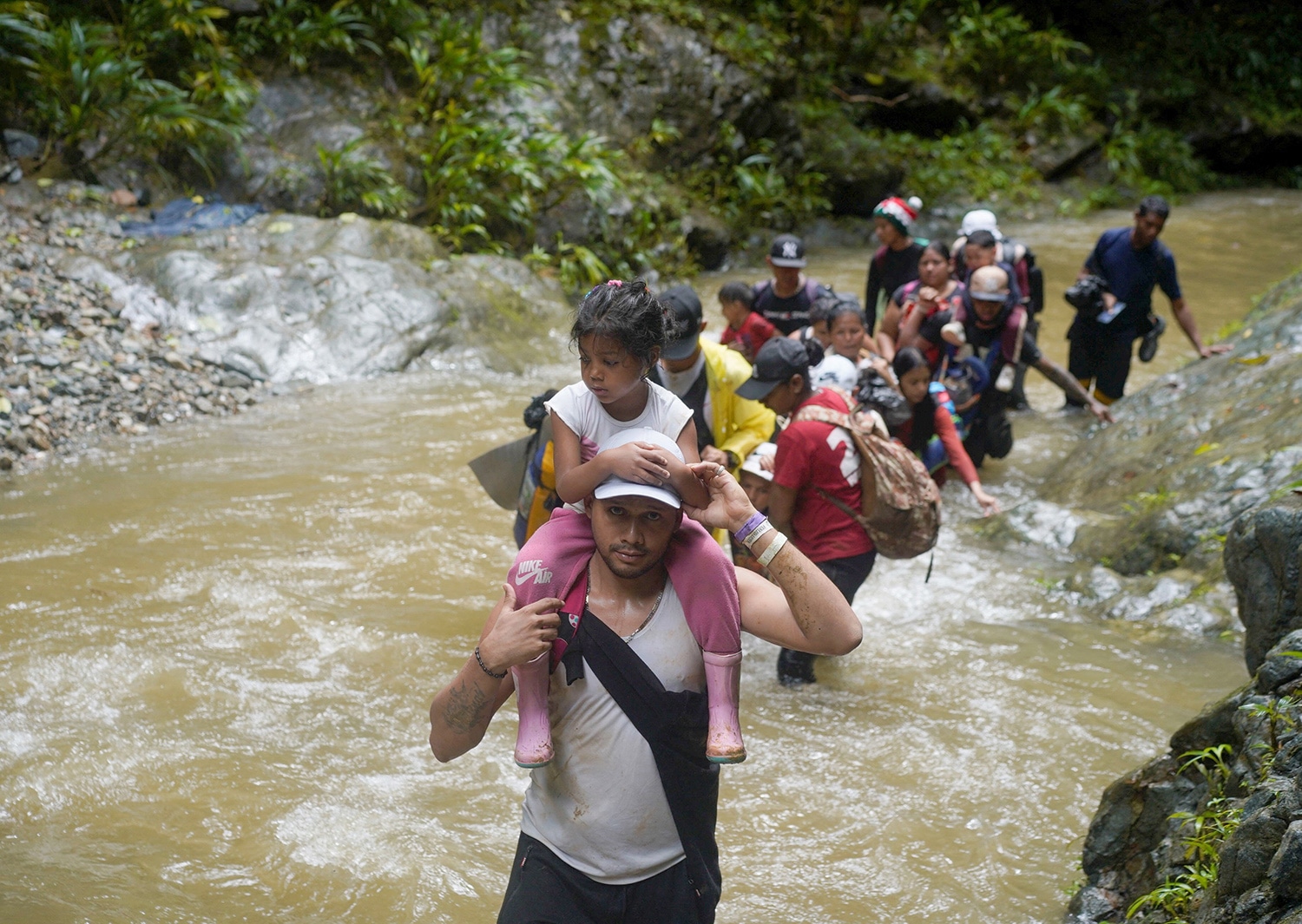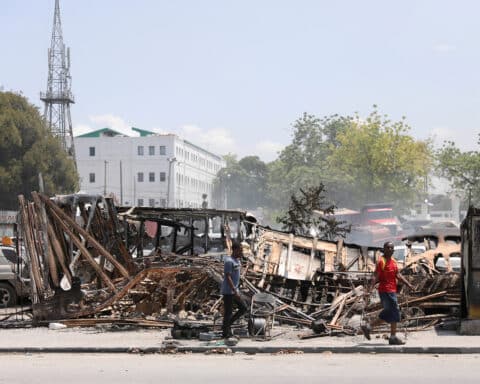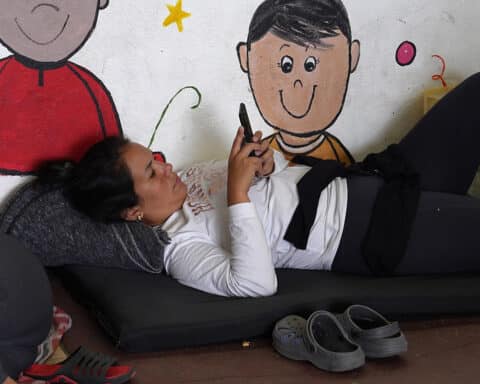(OSV News) — Church groups in Panama are increasingly concerned over the health and safety of migrants who are crossing the country on their way to the United States, following a surprise decision by the Central American nation’s government to stop Doctors Without Borders from working in its territory.
In a statement published March 11, the Latin American association of church groups helping migrants, CLAMOR, urged Panama’s government to reconsider its decision to suspend the medical group, know by French acronym MSF (for Médecins Sans Frontières), and look for ways in which migrants can be better assisted after they make the grueling trek across the Darien Gap, a dense and roadless rainforest that separates South America from Central America.
“We understand that Panama’s government has the right to choose its immigration policies, but as Christians we are obliged to stand with the most vulnerable, welcoming them, protecting them and helping to preserve the dignity of those who have been historically marginalized,” the statement reads.
Panama ordered Doctors Without Borders to suspend its operations at two migrant camps on the northern edge of the Darién jungle in the first week of March, arguing that a collaboration agreement with the Ministry of Health had not been renewed.
Vulnerable position
The government’s decision to suspend MSF came after the NGO claimed in a press release that sexual assaults against migrants were increasing at “exponential” levels and said its teams on the ground were “outraged at the level of impunity” that criminal groups are operating under within the Darién region.
MSF said it had treated more than 230 migrants who were victims of sexual assaults at its health posts in the Darién jungle in the first two months of this year.
But Panama’s government rejected the criticism and instead accused MSF of making “irresponsible” claims.
“They have the obligation to file the (rape) accusations with officials, something they haven’t done,” Panama’s national immigration director, Samira Gozaine, said March 10 in a video published on X. “Instead they are defaming the people who are working hard to attend to migrants. It is very disrespectful.”
Rafael Lara, CLAMOR’s coordinator in Panama, said that MSF’s suspension is putting migrants who cross the Darién Gap in an even more vulnerable position.
The medical group had been treating around 5,000 people each month at its health clinics at the edge of the rainforest, where migrants often arrive with stomach illnesses, foot injuries, fevers and other problems.
“We know from many of the migrants we have been speaking to that there is a lack of treatment now, and a lack of medicines” said Lara, who also is a member of the secular branch of the Franciscan order. “If you take away a service that is there, you should have a backup plan,” he told OSV News.
While health services deteriorate in the migrant camps, tensions also have been growing between migrants and police.
Frustrated migrants
On March 2, 44 migrants were arrested during a protest at the San Vicente camp that turned into a riot, in which several prefabricated structures that function as shelters were burnt.
Days later, a group of about 10 migrants was arrested during another protest at the Lajas Blancas camp, where videos show police using pepper spray to disperse an angry crowd.
Segundo Vera, a Venezuelan migrant who stayed at the Lajas Blancas camp in the past, told OSV News that many migrants have become frustrated with the overcrowded conditions.
He said that migrants are only allowed to leave the camps if they pay $60 to get on buses that take them directly to Panama’s border with Costa Rica, the next country on the route to the U.S. But some don’t have enough money.
“Many people are being robbed in the jungle, and they arrive at the camps with no money,” Vera said. “But at the same time they are not allowed to leave the camps without paying for bus tickets, so that’s why there have been protests.”
Panama’s policy of putting migrants on buses that take them straight to Costa Rica — and not allowing them to leave the camps on their own — has stopped migrants from falling in the hands of smugglers, Lara told OSV News.
But the CLAMOR coordinator also said that a solution needs to be found for those who can’t afford bus tickets, such as reserving some seats on buses for people who can’t pay.
“There are about 1,000 migrants arriving each day and there is always a percentage who don’t have the money to pay for the buses,” Lara said. “So that’s creating overcrowding, people get desperate and you get protests like the ones that have taken place recently.”





